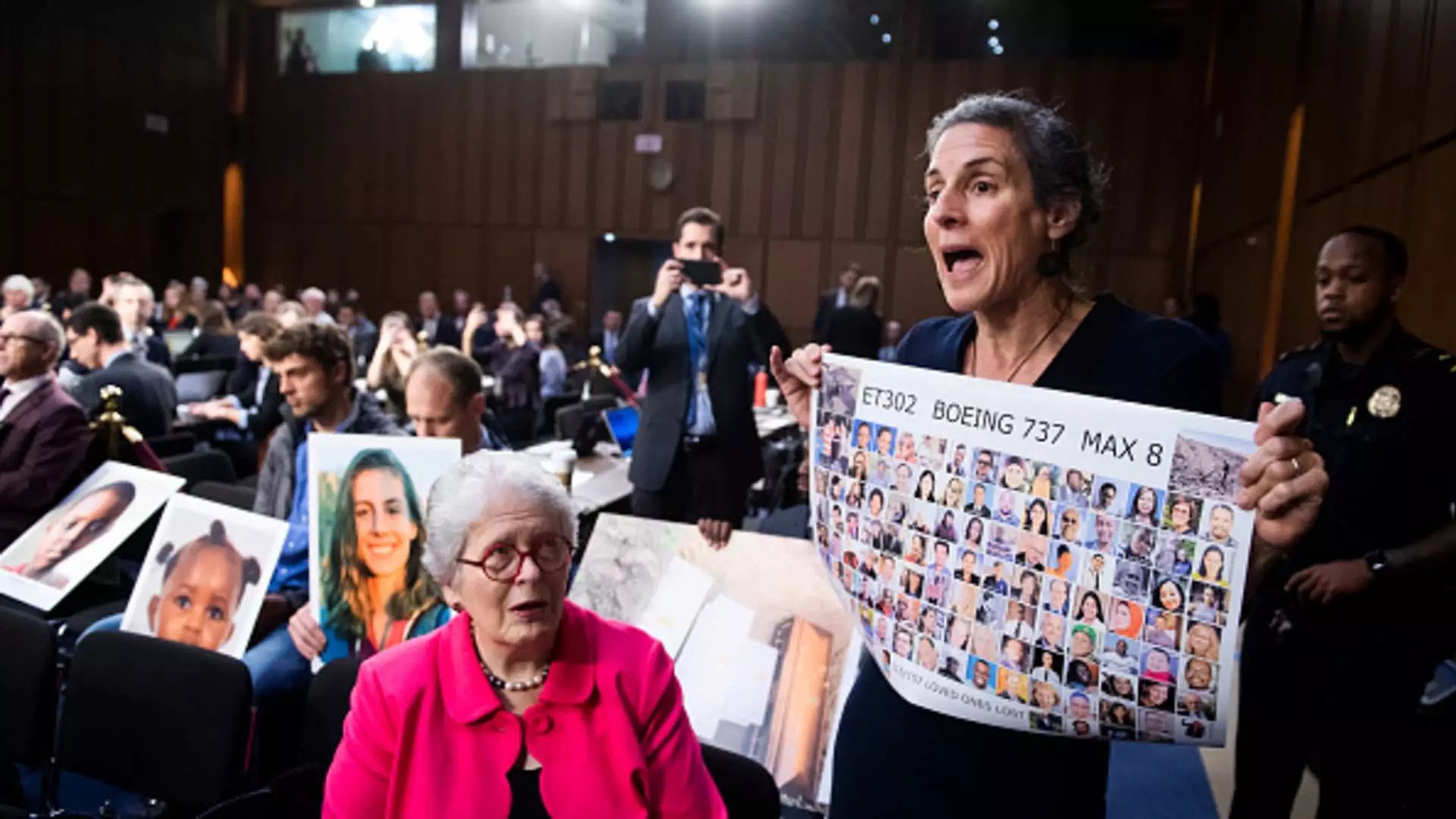The legal landscape surrounding Boeing has recently taken a pivotal turn as a federal judge in Texas decisively rejected a plea deal related to the 737 Max fraud allegations. This decision, articulated by U.S. District Judge Reed O’Connor, underscores the complex balance of corporate responsibility and judicial oversight in high-stakes situations. The case springs from the catastrophic crashes of the 737 Max aircraft, which claimed 346 lives, triggering a wave of scrutiny towards Boeing’s operational practices and its adherence to regulatory standards.
Judge O’Connor’s rejection stems from his concerns regarding the integrity of the monitoring process that was a stipulated component of the plea deal. Specifically, he highlighted fears that diversity, equity, and inclusion (DEI) policies could bias the selection of a government-appointed monitor, potentially compromising the impartiality essential to maintaining public trust. The judge emphasized the paramount importance of ensuring that this monitor be chosen based on expertise rather than any race-based predilections. His statement reflects a sentiment that resonates in an era where equal representation is paramount, yet must not overshadow meritocracy, especially in matters of life and death.
Expectations for Transparency and Competence
The complexities surrounding the plea agreement have resulted in scrutiny not only of Boeing’s actions but also of the process that dictates accountability measures. The court mandated that both Boeing and the Justice Department clarify how their DEI initiatives could potentially influence the monitor selection process. The expectation is clear: the public demands a system where oversight mechanisms are ensconced in transparency and competence.
As the judge awaits the responses from Boeing and the Justice Department, the impending deadlines heighten the anticipation of a potential renegotiation. There’s an emerging dialogue among the families of the victims regarding the adequacy of this plea deal, which some have denounced as overly lenient. Erin Applebaum, an attorney advocating on behalf of these families, has articulated a collective urging for heightened accountability from Boeing. Her stance underscores a growing public sentiment that corporations, especially those that operate at a global scale, must face a degree of accountability that reflects the severity of their transgressions.
This current dilemma raises larger questions about the role of corporate governance in situations where public safety is jeopardized. Boeing’s agreement to plead guilty to misleading regulators about the aircraft’s flight control system is deeply troubling—it signifies a prioritization of profit over safety, ultimately resulting in dire consequences. The misconduct in this case stretches beyond corporate negligence; it encapsulates the ethical responsibilities of corporations that must consider their broader impacts on society.
Furthermore, the legal proceedings serve as a reminder of the evolving landscape of regulatory frameworks and the responsibilities they impose on major corporations. The Justice Department’s earlier agreement required Boeing to adhere to strict regulations as a condition of their plea deal. However, with allegations of breaches of this agreement surfacing, there is a pressing need for stringent oversight mechanisms to prevent corporations from circumventing accountability.
With Judge O’Connor’s ruling establishing a precedent in the handling of plea deals for corporations, Boeing now finds itself at a crossroads. The rejection of the plea agreement demands substantial amendments that align more closely with the gravity of the situation at hand. Analysts suggest that the impending renegotiation may lead to stricter penalties and more stringent compliance measures, reflecting a transition towards increased corporate accountability.
Boeing’s legal turmoil is an essential inflection point in both corporate governance and public trust in aviation safety standards. The fallout from the tragic crashes serves as a cautionary tale of the necessity for transparency, accountability, and unwavering ethical commitments within major corporations. As this case unfolds, it will undoubtedly shape the future landscape of corporate responsibility in the high-stakes environments where public safety is at risk. The resolution of this case will not merely affect Boeing’s operations but will also resonate throughout the corporate world as a lesson in ethical accountability and the repercussions of negligence.

